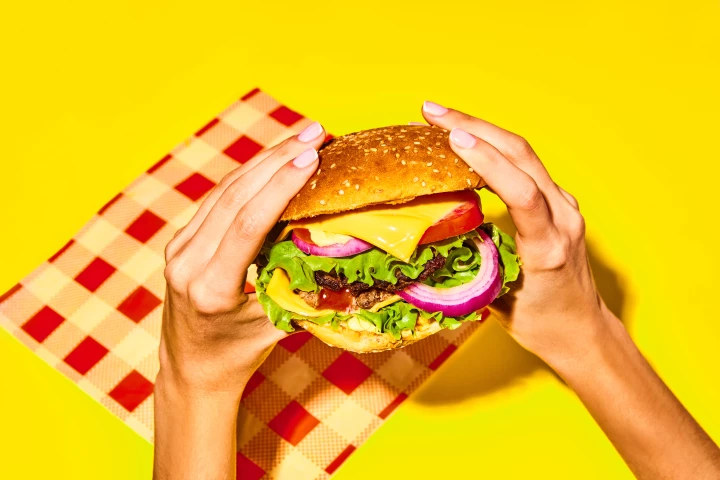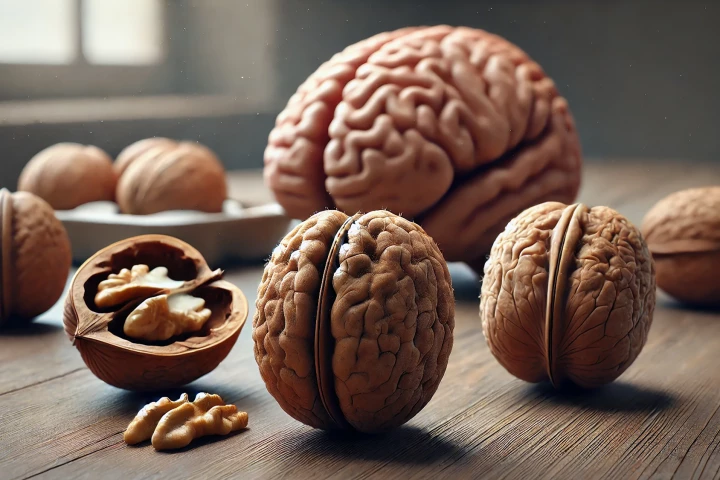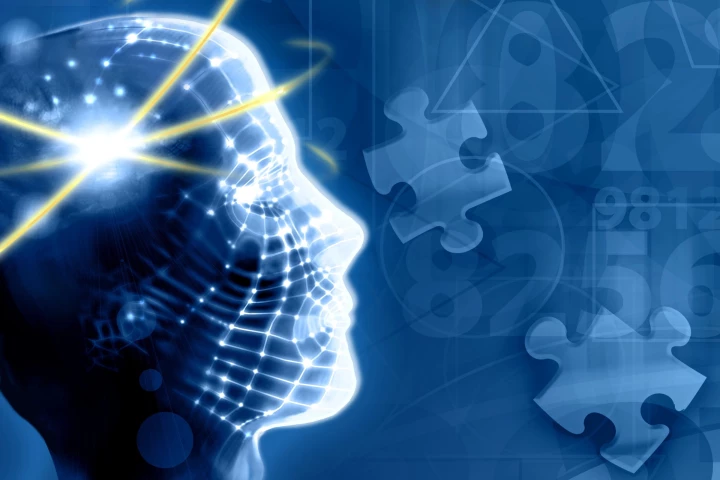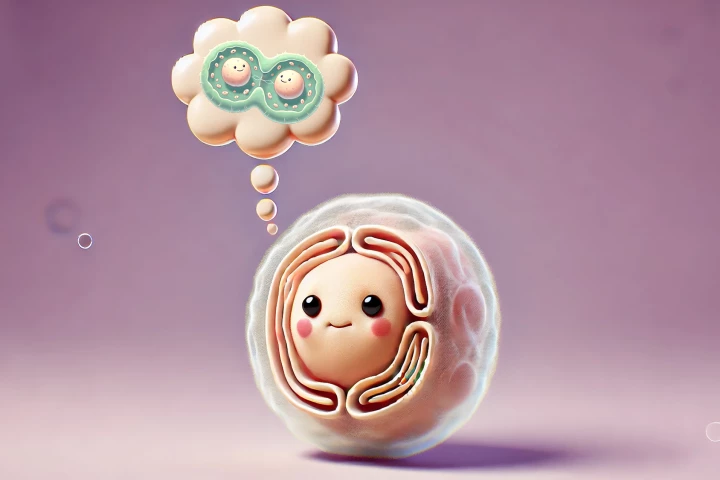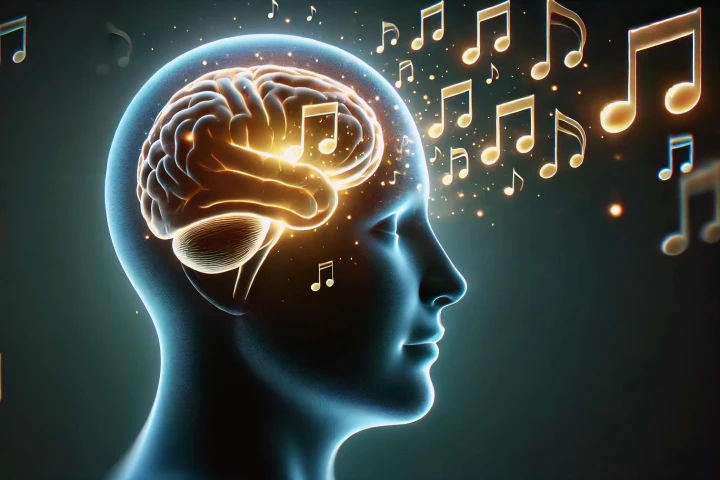Memory
-
If you need an excuse to turn off the laptop over the weekend or rein in overtime, scientists have linked working extended hours to changes in parts of the brain linked to emotional regulation, working memory, attention and decision-making.
-
We all know the many health effects that a diet high in saturated fat and refined sugar has on our bodies. Now, in the first study of its kind on humans, scientists find that it may also be negatively impacting our ability to navigate and learn.
-
Why don’t we remember specific events during those crucial first few years, when our brains worked overtime to learn so much? A new Yale study finds evidence that we do form memories, but can’t retrieve them.
-
Young adults who ate a handful of walnuts with breakfast saw a long-lasting improvement in their reaction times and a boost in memory hours later, according to a new study. The findings strengthen the claim that walnuts are a brain-enhancing food.
-
What happens in your brain when you listen to your favorite music? Can hearing a nostalgic song from your youth actually improve your cognitive health and help fight off conditions like Alzheimer's? Several neuroscientists are trying to find out.
-
The largest study into the effects of cannabis on young adults' brains has found that the drug can reduce brain function during cognitive tests. The findings will help people make an informed decision about the pros and cons of using cannabis.
-
A stage of sleep – reflected in the size of our pupils – is important to committing recent memories to the brain, which could be manipulated to improve cognitive function and even identify issues with being able to recall newer experiences when awake.
-
Manipulating brain cells called astrocytes using light prevented the retention of fear memories long-term, according to new research. This opens the door to potential treatments for conditions like PTSD, which is characterized by abnormal fear memory.
-
Memories can form outside of the brain, according to new research. Non-brain cells exposed to chemical pulses similar to the ones that brain cells are exposed to when presented with new information caused the non-brain cells to switch on a gene critical for memory formation.
-
Fascinating new findings uncover how clusters of 'brain stars' retain our learnings – and it changes what we previously understood about how memories are held and retrieved in our minds. The medical implications of this are vast.
-
Combining VR and non-invasive deep-brain electrical stimulation, has improved memory – the kind that remembers where you left the car keys - in healthy people. The approach has great potential as a surgery- and drug-free treatment for cognitive decline
-
Music can enhance our ability to learn new information and positively alter existing memories, according to two recent studies. The findings could inform music-based interventions for conditions such as PTSD, depression and dementia.
Load More

